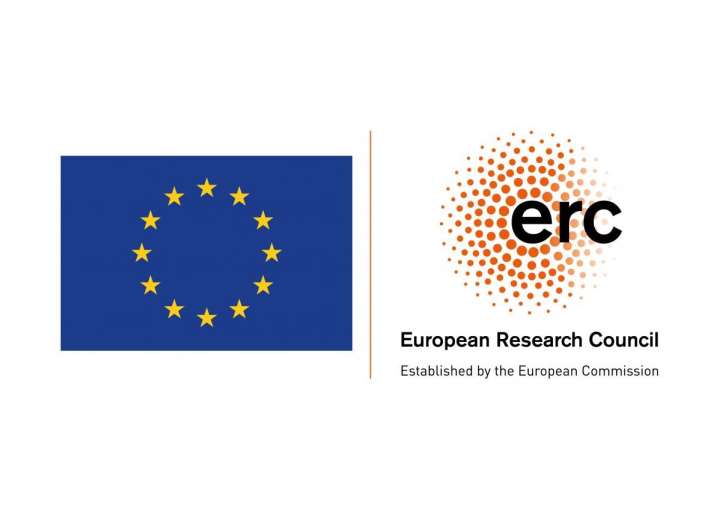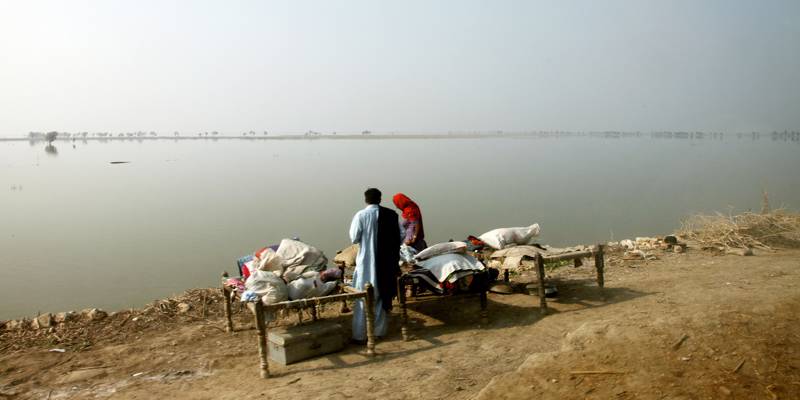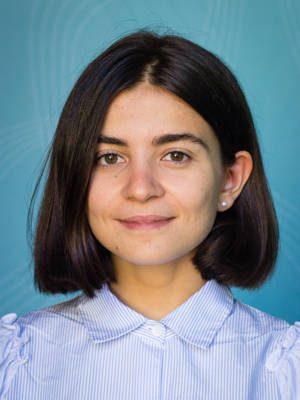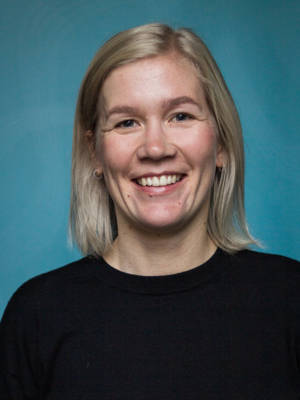I n the past few years, rising food prices and the global financial downturn have increased the ranks of the world's food insecure to over a billion, reversing decades of slow but steady progress in reducing hunger. Not only have the human costs been considerable but this reportedly also had dramatic political repercussions. According to one World Bank-commissioned study, the 2007–08 food crisis sparked demonstrations and riots in at least 48 countries. The notion that food insecurity drives violent conflict is just one of many dimensions of the contemporary climate security debate. However, in distinct contrast to the near universal agreement among political leaders and NGOs that climate change constitutes a significant threat to peace and security, the scientific community is yet to reach consensus on specific links between climate and political violence.
To get updates on events and project outputs, go visit our
CLIMSEC seeks to remedy shortcomings in the empirical literature, such as the scientific community's inability to reach a consensus on specific links between climate and political violence and the apparent disconnect between theories and analyses of climate-conflict connections, by providing a more rigorous scientific foundation for efficient policy advice and implementation. The project will be guided by the following overarching research question: How does climate variability affect dynamics of political violence?
Reflecting the general nature of this research question, the primary scientific tool will be rigorous quantitative analysis at various levels of spatial and temporal aggregation. The project will rely on a multitude of data sources, among them the PRIO-GRID dataset, Munch Re's NatCat database and the NAVCO dataset. In addition, as a specific deliverable of the project, the Urban Social Disorder (USD) dataset will be expanded. The quantitative empirical approach will be complemented by a set of qualitative case studies of carefully chosen areas and events as a means to investigate suggested processes, validate key statistical findings, explain unexpected patterns, and facilitate further theory building.
The five-year research project (September 2015 – August 2020) is funded by a European Research Council (ERC) Consolidator Grant (CG) as part of EU's new program for research and innovation, Horizon 2020 (H2020). The project brings together researchers across institutions and countries, with Halvard Buhaug at PRIO as project leader; Ole Magnus Theisen from the Norwegian University of Science and Technology; Jonas Nordkvelle from PRIO; PhD-candidate Elisabeth Lio Rosvold from PRIO and the Norwegian University of Science and Technology, as well as three nine-month visiting researchers yet to be announced.
ERC EU logo

The project will be organized into four work packages (WPs):
WP 1: Food insecurity
Objective: Investigate how food security impacts of climate variability affect political violence
WP 1 identifies two primary pathways through which climate-induced food insecurity affects peace and stability. First, drought, heat waves, and other extreme weather events have the potential to exert significant impacts on food prices. In the recent global food crises, failing harvest among some of the world's major food exporters contributed to a dramatic increase in the international price of many food commodities. Second, subsistence households and societies dependent on local food production may experience dramatic food shortages and loss of livestock when the rain fails.
Neither of these proposed pathways has been subject to rigorous comparative testing. By placing prime focus on the multi-scale process from food price volatility to social responses, WP 1 takes a consumer perspective. Two types of insecurity outcomes are considered particularly relevant in this context: urban demonstrations and riots, and rural land use disputes.
WP 2: Economic insecurity
Objective: Investigate how economic impacts of climate variability affect political violence
WP 2 will investigate how economic impacts of climate anomalies and extremes affect social cohesion and political stability. A novel contribution in this regard is the decoupling of general economic performance from agricultural performance and the explicit consideration of alternative economic transmission mechanisms of an indirect climate-conflict relationship besides food production. Unique to this project, we will draw on Munich Re's NatCat database, which contains unsurpassed information on natural disasters, including coordinates of their spatial extent and best estimates of economic and human losses incurred. Combined with other relevant high-resolution data, it will be possible for the first time to evaluate whether economic damages of natural disasters affect the local risk or dynamics of political violence, including the possibility that disasters may create a ripe moment for negotiations and conflict settlement.
WP 3: Forecasting
Objective: Conduct short-term forecasts of political violence in response to food and economic shocks
WP 3 aims to develop a short-term prediction tool that will provide forecasts of urban disorder and civil conflict within a temporal range from several months to two years. The specification of the forecasting model will be based on results from empirical models in the other WPs – with recurring recalibration against actual outcomes as the project moves on.
The forecasting model will be analogous to an early warning tool, with frequent updating of real-time input data and constant evaluation of performance. International and domestic food price statistics will constitute a core component in the tool, supplemented by country-specific, time-varying information on economic performance and unemployment, foreign direct investments, regime approval rates, national political elections and irregular leader transition, as well as various contextual variables.
WP4: Theorizing and validation
Objectives: Develop a comprehensive, testable theoretical model of security implications of climate variability; validate key empirical findings from other work packages
The final work package is explicitly cross-cutting by bringing together and evaluating the output from WPs 1–3 and developing a common theoretical framework that will guide the specification of empirical and forecasting models. The first and most essential part of WP 4 concerns theory development, with particular focus on establishing the causal mechanisms and conditions under which various conflict types emerge as plausible outcomes of climate-induced food or economic shocks. An important aspect of this work will be to make further progress on understanding the temporal dimension of climate-conflict linkages.



.jpg?x=300&y=400&m=Cover&)













